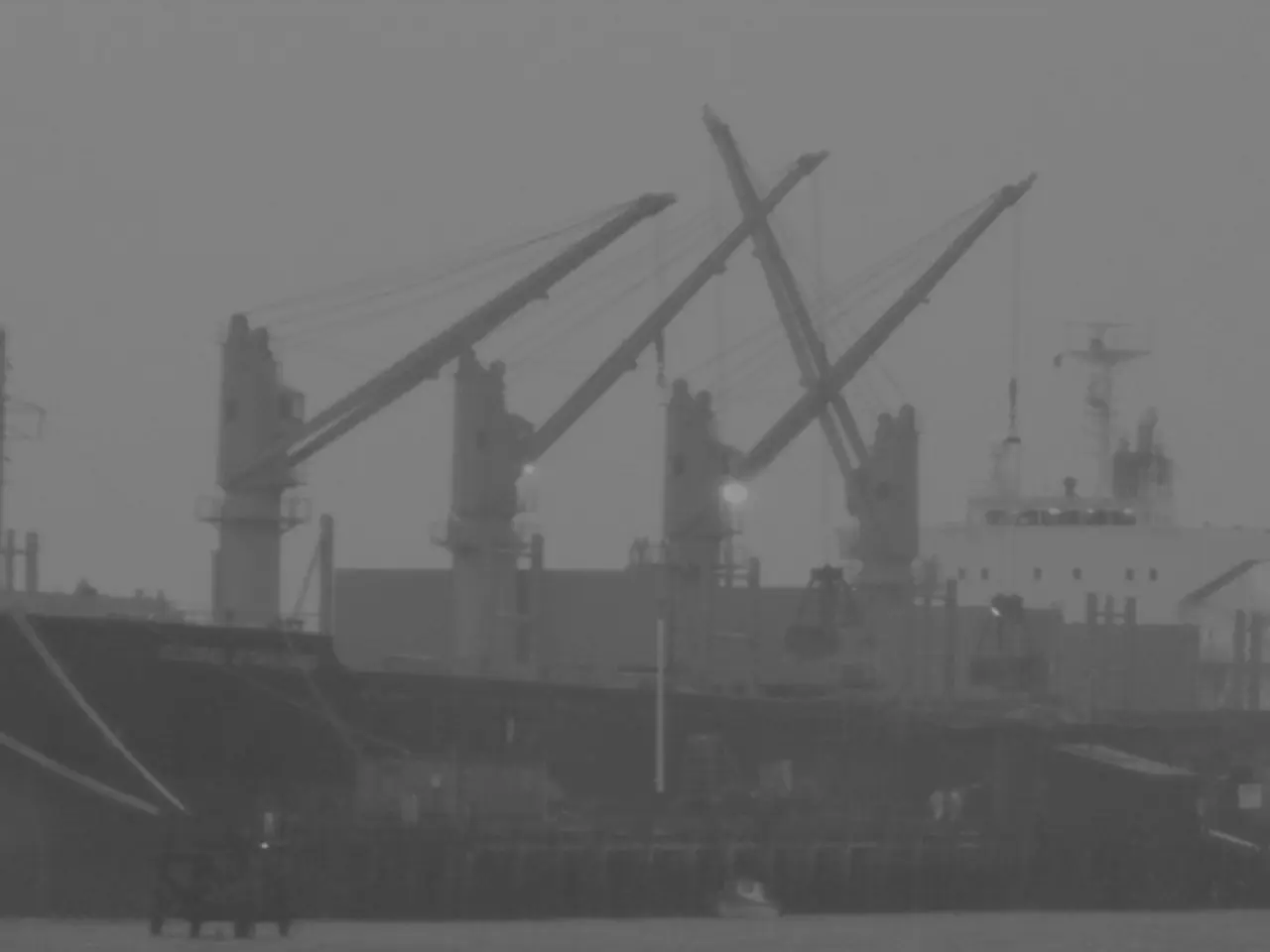International sanctions guidelines for maritime operators worldwide: Here are the essential highlights
The US Government has issued new sanctions guidance for international maritime operators, energy, and metals sectors on May 14, 2020. The aim is to strengthen compliance expectations and enforcement measures to prevent the circumvention of US sanctions, particularly in relation to restricted countries or activities.
Key recommendations include:
- Heightened Due Diligence: Operators are advised to implement rigorous due diligence protocols to ensure their activities and transactions do not involve sanctioned persons, entities, or sectors. This involves verifying the end-use, end-users, and destinations to avoid inadvertent violations.
- Risk Mitigation Practices: Adoption of comprehensive compliance programs including robust screening, transaction monitoring, and record-keeping practices is encouraged. Companies are recommended to continuously monitor and audit business partners and supply chains for sanctions compliance.
- Awareness of Secondary Sanctions Risks: The guidance underscores the risks of exposure to secondary sanctions, meaning that non-US entities can face restrictions if they facilitate certain restricted activities even if they are outside US jurisdiction.
- Coordination with US Authorities: The document encourages proactive engagement with the US Department of the Treasury’s Office of Foreign Assets Control (OFAC) and the Department of Commerce’s Bureau of Industry and Security (BIS) to seek licenses or clarifications when in doubt about specific transactions or cargo.
- Sector-Specific Focus:
- Maritime Operators: Transparency regarding vessel ownership, control, and cargo details is critical to avoid being complicit in sanctionable cargo shipments or deceptive practices like ship-to-ship transfers from sanctioned countries.
- Energy Sector: Compliance efforts are urged around exports, imports, and transport of oil, gas, and related equipment or technology, especially involving countries under US sanctions.
- Metals Sector: Rigorous checks on raw material sourcing, processing, and shipping to avoid supply chains tainted by sanctioned sources.
- Enforcement and Penalties: The guidance makes clear that violations can result in significant fines, penalties, and even criminal charges. It references ongoing efforts to enhance enforcement actions, as seen in related BIS and OFAC activities.
- Updating and Training: Companies should keep abreast of evolving sanctions regulations and regularly train staff on compliance obligations and red flag indicators.
This US Government sanctions guidance aligns with broader strategies to safeguard national security and foreign policy objectives by preventing sanctions evasion in critical sectors such as maritime, energy, and metals. It was issued to provide clarity and facilitate compliance in complex international trade contexts that could be prone to sanction risks.
Additional recommendations include:
- Contractual language could be incorporated to prohibit transfers of cargo to client vessels that do not broadcast AIS in accordance with SOLAS.
- Entities should also have controls in place to monitor AIS, screen and assess cargo, and assess the authenticity of bills of lading.
- Parties should consider requesting copies of export licenses (where applicable) and complete, accurate shipping documentation, including bills of lading that identify the origin or destination of cargo.
- Private sector entities are advised to assess their sanctions risk and institute compliance programs to address any identified gaps.
- Protection and indemnity club insurance companies may wish to notify other clubs about illicit or sanctionable activities or new tactics in sanctions evasion, while redacting personally identifiable information.
- Exporters and entities across the maritime supply chain are encouraged to conduct due diligence to ensure that recipients and counterparties are not sending or receiving commodities that may trigger sanctions.
- Parties should implement controls that allow for verification-of-origin and recipient checks for ships that conduct ship-to-ship transfers, particularly in high-risk areas.
Technology should be integrated into due diligence protocols to enhance verification of end-use, end-users, and destinations. This may involve using technology for rigorous screening, transaction monitoring, and record-keeping.
In the energy sector, the implementation of advanced technology could help ensure compliance with regulations around exports, imports, and transport of oil, gas, and related technology, especially involving countries under US sanctions.




